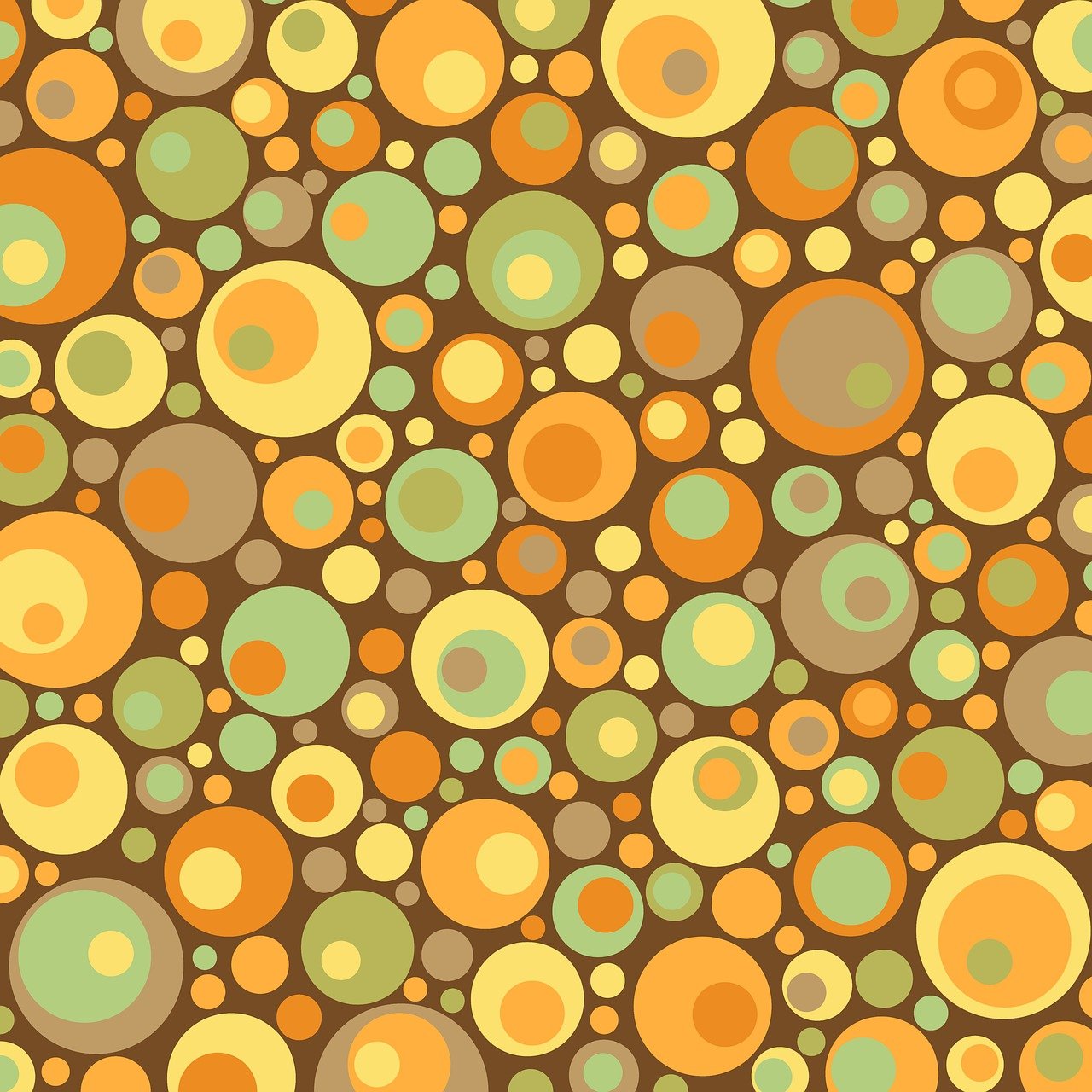Dionysian Festivals: Celebrating the God of Wine

Before diving in, please note: This post is for informational purposes only. If you’d like to know more about how we approach topics, feel free to check out our friendly Disclaimer Page.
Hey there, amazing readers! 🖐️ Just a quick note: yes, we know there are a lot of ads here. Trust us, we get it—it’s not the prettiest look, but they help us keep this blog alive and kicking. Those pesky little ads cover the costs of all the behind-the-scenes magic, from hosting and tech stuff to creating content we hope you’ll love.
We’re committed to delivering quality posts, and your support (even just sticking around despite the ads) means everything to us. So, bear with us, and thanks for helping us keep the good vibes rolling. Now, on to the fun stuff! 😉
TRANSLATE BUTTON AT THE END OF THE ARTICLE
Dionysian Festivals: Celebrating the God of Wine
Overview
Dionysian festivals were vibrant celebrations held in ancient Greece to honor Dionysus, the Greek god of wine, fertility, and ecstasy.
These festivals had deep-rooted connections to the agricultural cycle and played a significant role in Greek society.
Dionysus, known as Bacchus in Roman mythology, was revered for his association with wine and its transformative effects on human consciousness.
The festivals dedicated to him were characterized by revelry, music, dance, theater, and a blending of the sacred and profane.
This article delves into the mythical origins of Dionysus, explores the rituals and traditions of Dionysian celebrations, and highlights the enduring legacy of these festivals in contemporary times.
Ancient Roots and Mythical Origins
The roots of Dionysian festivals can be traced back to ancient Greece, where they were deeply intertwined with the agricultural cycle and the mythology surrounding Dionysus.
According to Greek mythology, Dionysus was the son of Zeus and a mortal woman named Semele.
He was born prematurely when his mother was consumed by the fire of Zeus’ lightning bolt.
Zeus rescued the unborn Dionysus and sewed him into his thigh until he was ready to be born.
This myth symbolizes the connection between Dionysus and the regenerative powers of nature.
Dionysus: The Greek God of Wine
Dionysus was the Greek god of wine, but his domain extended beyond mere intoxication.
He was also associated with fertility, theater, ecstatic experiences, and the blurring of boundaries between the human and divine realms.
Dionysus was often depicted as a youthful and bearded figure, holding a drinking cup or a thyrsus, a staff adorned with ivy leaves and topped with a pinecone.
He embodied both the joyous and destructive qualities of wine, representing the ecstatic release that came with indulging in its pleasures.
Festivals Honoring Dionysus in Ancient Greece
Various festivals were held throughout ancient Greece to honor Dionysus, each with its own unique customs and traditions.
The most famous of these festivals was the City Dionysia, celebrated in Athens.
This festival included theatrical performances, choral contests, and processions.
The Lenaia, held in winter, focused on fertility and featured dramatic competitions.
The Anthesteria, a three-day festival in Athens, involved the opening of wine jars and the participation of women in rituals.
Key Characteristics of Dionysian Festivals
Dionysian festivals were characterized by their lively and ecstatic nature.
They provided an opportunity for participants to immerse themselves in a world of revelry and abandon societal norms.
The festivals celebrated the interconnectedness of life, death, and rebirth, embodying the cyclical nature of the agricultural year.
In these celebrations, the boundaries between the individual and the collective, the human and the divine, and the living and the dead were blurred.
Rituals and Traditions of Dionysian Celebrations
At the heart of Dionysian celebrations were various rituals and traditions that aimed to connect the worshipers with the god.
These rituals often involved purification ceremonies, sacrifices, and the consumption of wine.
The worshippers would dress in animal skins, wear wreaths of ivy, and carry thyrsi.
They would engage in ecstatic dancing and chanting, allowing themselves to be transported into a state of divine intoxication.
These rituals were believed to bring about a union with Dionysus and tap into his transformative power.
The Significance of Wine in Dionysian Worship
Wine held a central role in Dionysian festivals, symbolizing both the intoxicating powers of the god and the life-giving forces of nature.
It was believed that wine could liberate the spirit and dissolve social barriers.
The consumption of wine during these festivals was seen as a way to commune with the divine and experience a temporary release from the constraints of everyday life.
Explore the Path to Spirituality and Enlightenment – Start Here.
Wine was also used in rituals as an offering to Dionysus and as a means of purification and transformation.
Music, Dance, and Revelry at Dionysian Festivals
Music and dance formed integral parts of Dionysian festivals.
The worshippers would engage in frenzied dances, accompanied by the rhythmic beats of drums and the intoxicating melodies of flutes and lyres.
These dances were often wild and uninhibited, allowing participants to express themselves freely and engage in a collective ecstatic experience.
The music and dance were believed to invoke the presence of Dionysus and intensify the transformative effects of the festival.
The Role of Theater in Dionysian Festivals
Theater played a crucial role in Dionysian festivals, particularly in the City Dionysia.
The festival featured dramatic performances of tragedies and comedies, showcasing the talents of playwrights and actors.
These theatrical productions explored themes of myth, mortality, and the human condition, often with a touch of the divine.
They provided a platform for the community to reflect on the deeper aspects of life and to express their emotions in a collective setting.
Bacchanalian Processions and Parades
Dionysian festivals were often accompanied by grand processions and parades, known as Bacchanalian processions.
These processions involved the participation of both worshippers and performers, who would march through the streets in a joyful and exuberant display.
The processions were adorned with elaborate costumes, colorful banners, and floats depicting scenes from mythology.
The aim was to create a festive atmosphere and to honor Dionysus through a vibrant and visually stunning spectacle.
Dionysian Festivals: A Blend of Sacred and Profane
One of the defining characteristics of Dionysian festivals was the blending of the sacred and profane.
These celebrations allowed for a temporary suspension of social norms and hierarchies, creating a space where individuals could experience liberation, ecstasy, and a sense of unity with the divine.
The festivals were a way to transcend the boundaries of everyday life and tap into a realm where pleasure, passion, and spirituality coexisted.
Contemporary Celebrations Inspired by Dionysus
Although the ancient Dionysian festivals are no longer practiced in their original form, the spirit of Dionysus continues to inspire contemporary celebrations.
Some communities still organize wine festivals and harvest celebrations, paying homage to the traditions of ancient Greece.
Additionally, the influence of Dionysus can be seen in modern theater, music festivals, and even in the culture surrounding alcohol consumption.
The enduring legacy of Dionysus and his festivals serves as a reminder of the profound impact that wine, revelry, and the pursuit of ecstasy have had on human culture throughout history.
Conclusion
Dionysian festivals were joyous and transformative celebrations dedicated to the Greek god of wine, Dionysus.
These festivals provided an opportunity for participants to immerse themselves in the ecstatic and liberating world of Dionysus, blurring the boundaries between the human and the divine.
Through rituals, music, dance, theater, and the consumption of wine, worshippers sought communion with the god and experienced a temporary release from societal norms.
The legacy of Dionysian festivals can still be felt in contemporary celebrations and serves as a testament to the enduring human desire for liberation, ecstasy, and connection with the divine.

The Enlightenment Journey is a remarkable collection of writings authored by a distinguished group of experts in the fields of spirituality, new age, and esoteric knowledge.
This anthology features a diverse assembly of well-experienced authors who bring their profound insights and credible perspectives to the forefront.
Each contributor possesses a wealth of knowledge and wisdom, making them authorities in their respective domains.
Together, they offer readers a transformative journey into the realms of spiritual growth, self-discovery, and esoteric enlightenment.
The Enlightenment Journey is a testament to the collective expertise of these luminaries, providing readers with a rich tapestry of ideas and information to illuminate their spiritual path.
Our Diverse Expertise 🌟
While our primary focus is on spirituality and esotericism, we are equally passionate about exploring a wide range of other topics and niches 🌍📚. Our experienced team is dedicated to delivering high-quality, informative content across various subjects ✨.
To ensure we provide the most accurate and valuable insights, we collaborate with trusted experts in their respective domains 🧑🏫👩🏫. This allows us to offer well-rounded perspectives and knowledge to our readers.
Our blog originally focused on spirituality and metaphysics, but we’ve since expanded to cover a wide range of niches. Don’t worry—we continue to publish a lot of articles on spirituality! Frequently visit our blog to explore our diverse content and stay tuned for more insightful reads.










